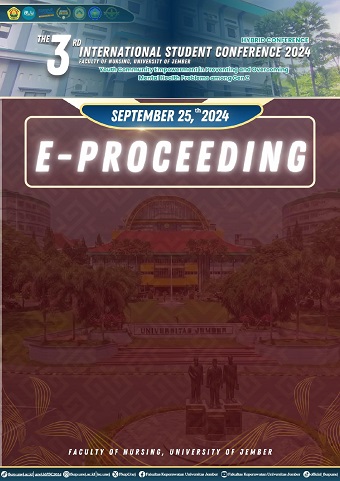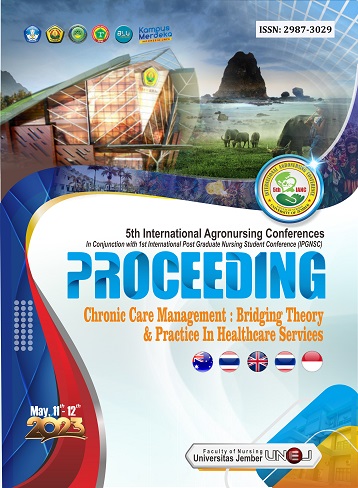Edukasi Pangan Beragam Bergizi Seimbang dan Aman serta Demonstrasi Penyusunan Menu Makanan di Desa Sukorejo
Keywords:
Local Food, Nutrition Education, StuntingAbstract
Background: Stunting is a significant issue in Indonesia that needs serious treatment. The prevalence of stunting in Indonesia is still high, including in East Java and Jember Regency. Nutritional education and health promotion are important efforts to prevent stunting. Method: Activities on diverse, balanced, and safe food education, as well as demonstrations on meal planning, were conducted at the Sukorejo Village Hall in January 2024 using a Participatory Learning and Action (PLA) approach through interactive lectures/socialization and meal planning practice. The activity targeted 25 participants, consisting of pregnant and breastfeeding mothers. Monitoring and support were provided online via a WhatsApp Group. Results: This activity increased participants' knowledge by 9.4% (from 75% of pretest to 84% of post-test questions answered correctly) after the socialization and demonstration. The active participation of participants in the activities indicated increased awareness and knowledge about nutritional needs to prevent stunting. Conclusion: The educational activity on food and meal planning demonstrations effectively improved the knowledge and skills of pregnant and breastfeeding mothers in Sukorejo Village. This program should be continued with ongoing support to ensure the application of the acquired knowledge




